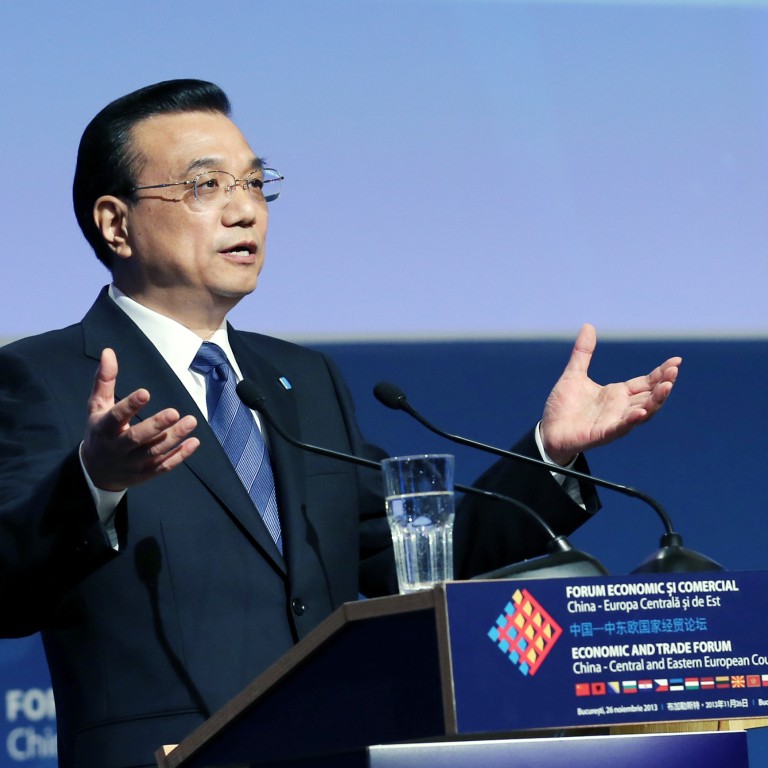
Trade groups call on Premier Li to bring China back to tech tariff negotiations
Industry bodies from across the world appeal for China's return to talks on widening scope of products covered by global tariff-cutting scheme
Leading industry associations from around the world have closed ranks to urge Premier Li Keqiang to help steer China back to negotiations on expanding the scope of products covered by the Information Technology Agreement, a global tariff-cutting scheme established in 1996.
The latest round of ITA talks in Geneva were suspended on November 21 after China refused to pare down the number of information and communications technology products it wanted excluded from an expanded pact.
The negotiations tabled about 250 additional products to the 190 duty-free items originally covered by the ITA, which was created to abolish import tariffs and stimulate trade. China had a "sensitivities" list of about 140 products, which included 57 items for exclusion and the rest for longer tariff phase-out periods.
In a letter sent to Li late on Thursday, the leaders of 41 major trade groups said reaching a successful ITA expansion deal would mark "the first market-access agreement in the World Trade Organisation (WTO) in nearly two decades".
"More specifically, it would also send a strong signal to the world that China is ready and willing to be a constructive participant in other international trade talks," they said.
The trade groups were from Canada, Colombia, Costa Rica, the European Union, Japan, South Korea, Malaysia, the Philippines, Singapore, Taiwan, the United States and Vietnam. These included the US Chamber of Commerce, Information Technology Industry Council, Consumer Electronics Association, DigitalEurope, Semiconductor Industry Association, US-Asean Business Council, Japan Electronics & Information Technology Industries Association, and Taipei Computer Association.
They pointed out that China has benefited enormously from the tariff cuts under the original ITA, which the country joined in 2003. Citing WTO data, they said China's proportion of global information and communications technology exports has grown to 27.5 per cent in 2010 from 2.2 per cent in 1996.
Expansion of the ITA would slash tariffs on about US$1 trillion in annual global sales - about 7 per cent of total world trade, according to estimates by the European Commission.
China's sensitivities list included advanced chips known as multi-component semiconductors and organic light-emitting diode panels found inside television screens and computer monitors. The US sought to exclude only fibre-optic cables, while Japan had none.
John Neuffer, the Information Technology Industry Council's senior vice-president for global policy, said: "We know China wants a deal, primarily because the people of China and Chinese industry would benefit from it."
Trade groups had noted that Commerce Minister Gao Hucheng referenced ITA expansion in China's commitment to the multilateral trading system during his speech at the WTO ministerial conference in Bali, Indonesia, on Wednesday.
"The trick now will be to convince Beijing that a deal can be had, but it needs to be ambitious and spread the benefits, more or less evenly, to all parties at the negotiating table," Neuffer said.

